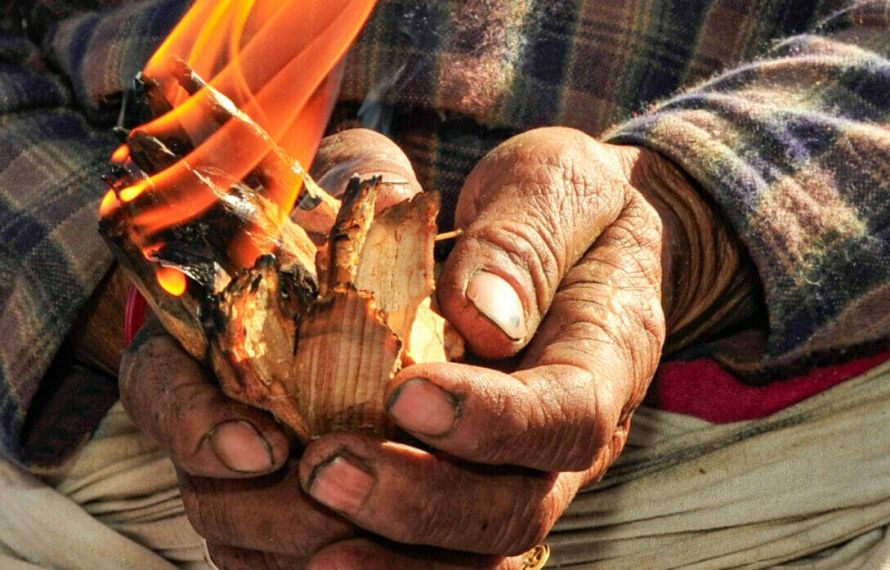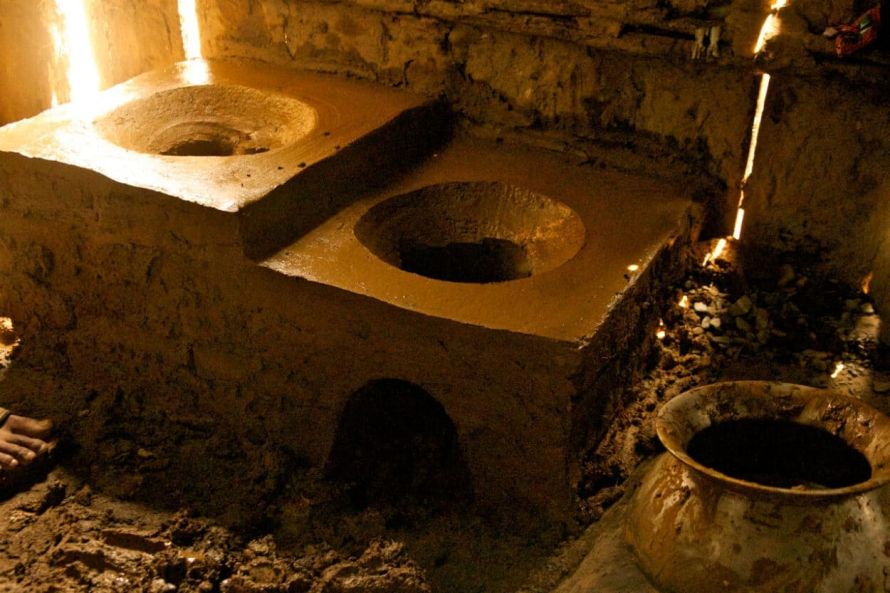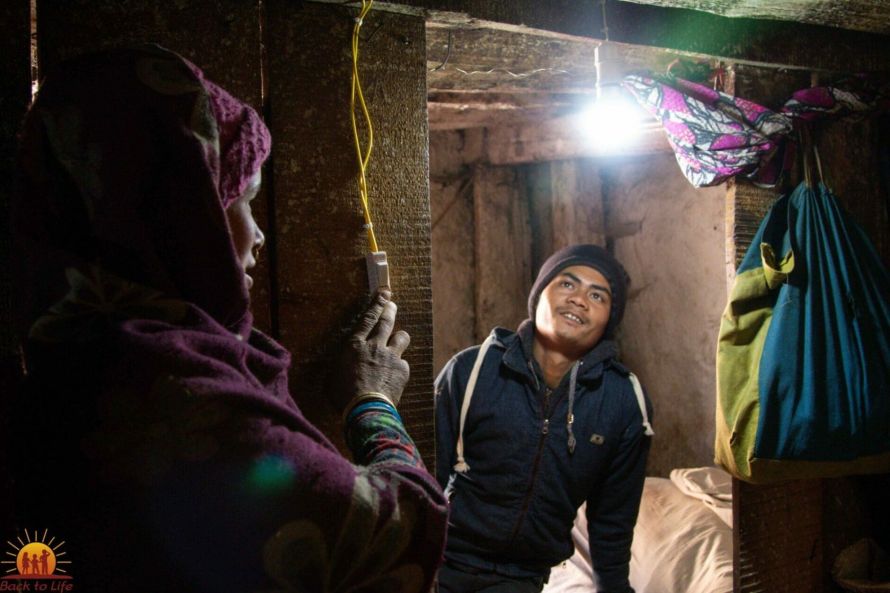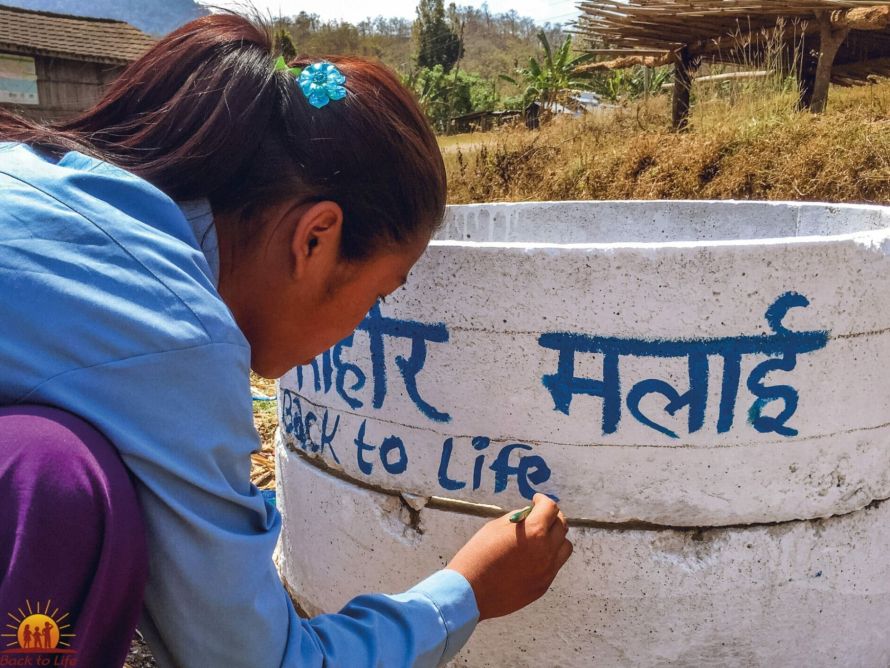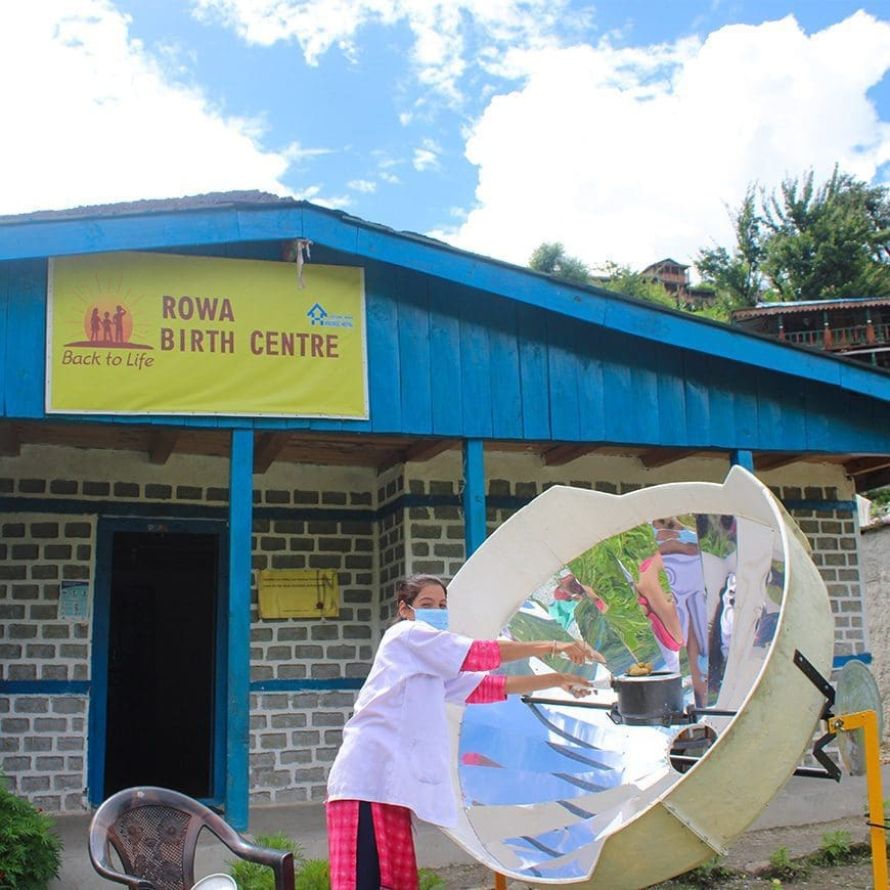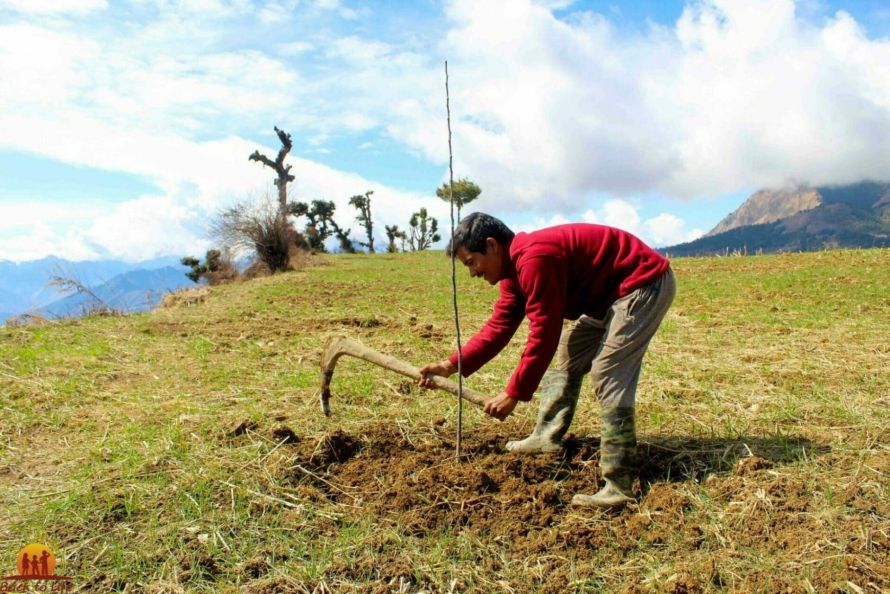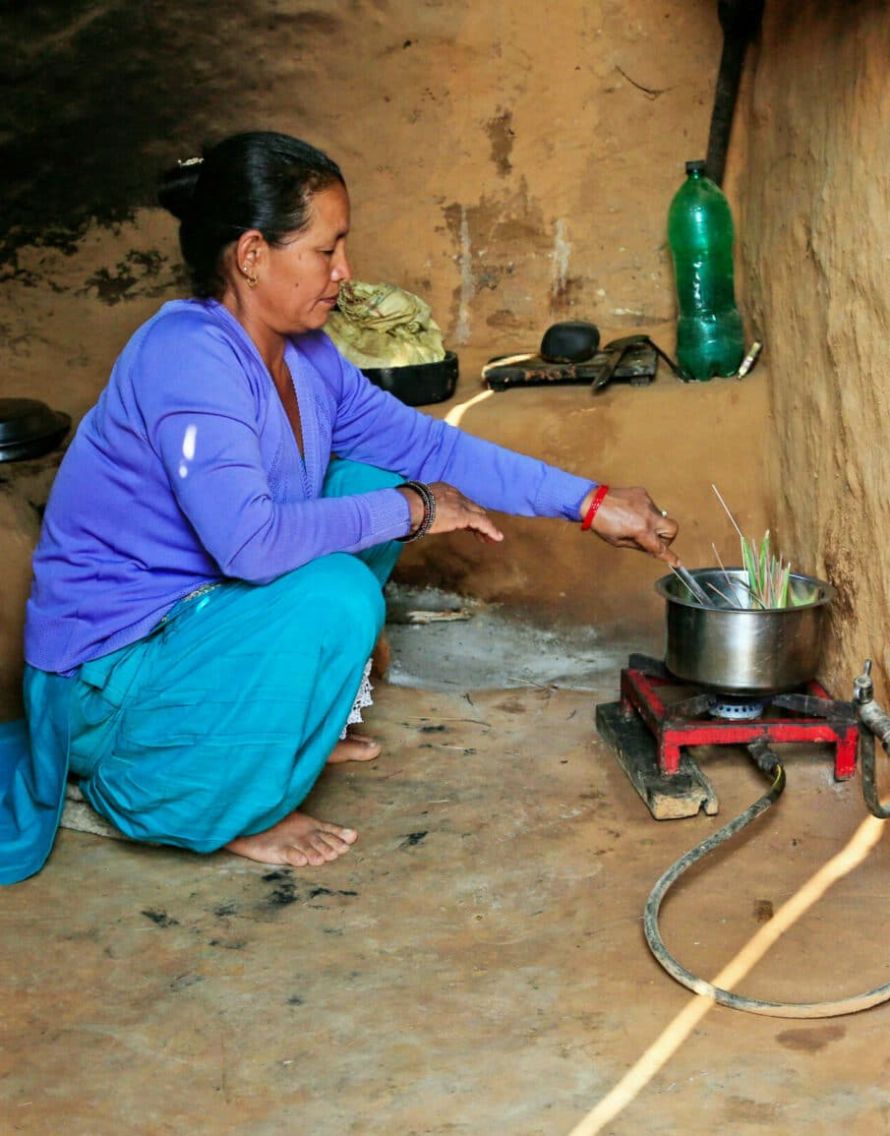Killer in the Kitchen
Madhav P. Bhatta, Professor of Epidemiology and Global Health at Kent State University in the USA, was born and raised in a rural mountain village in Baitadi district in far western Nepal. Madhav Bhatta received his Master of Public Health (Epidemiology and Global Health) from the University of Pennsylvania and earned his PhD in Epidemiology from the University of Alabama at Birmingham, USA.
Why open fire should stay outside
When our immediate neighbors light their backyard wood burning firepit to enjoy cool Ohio autumn evenings with a sip of wine and good company, I sequester myself...
